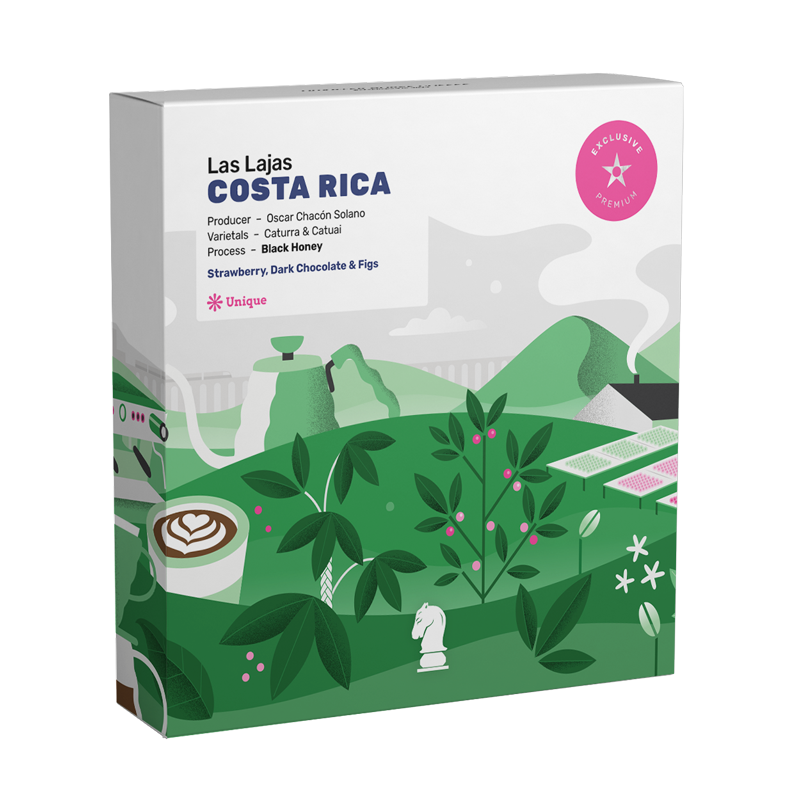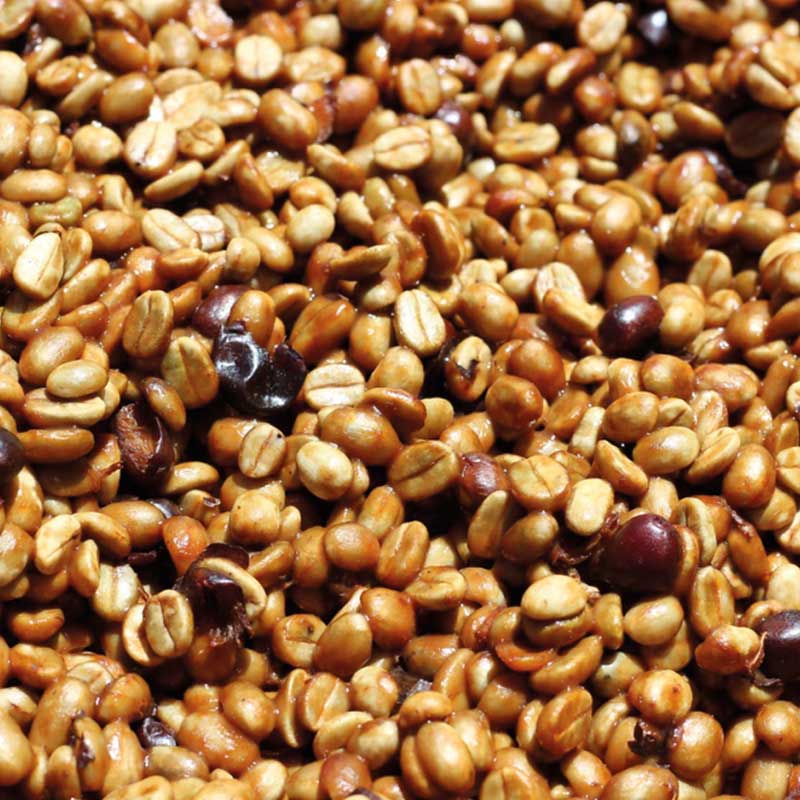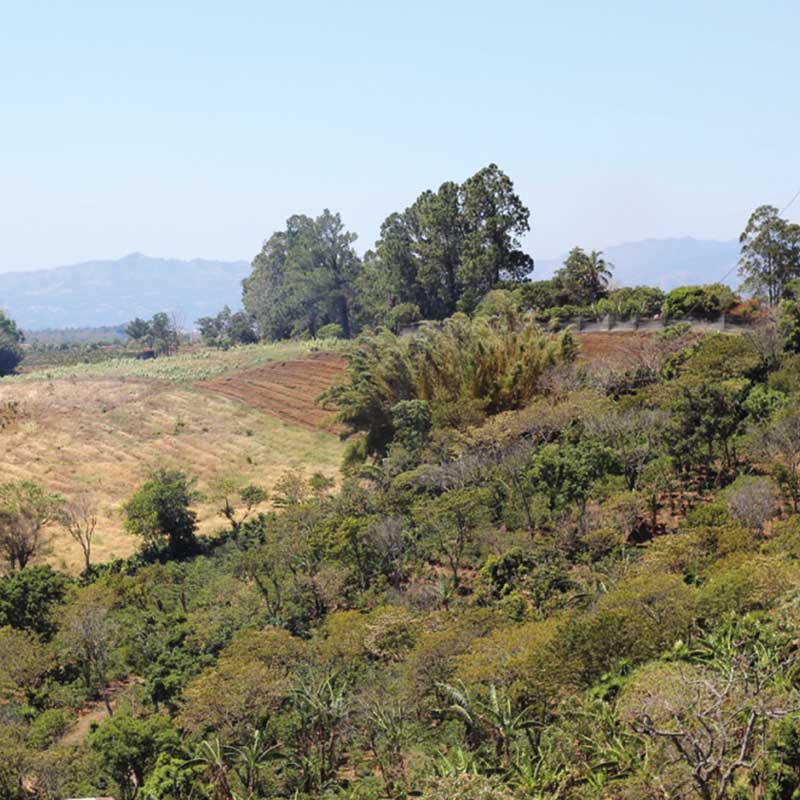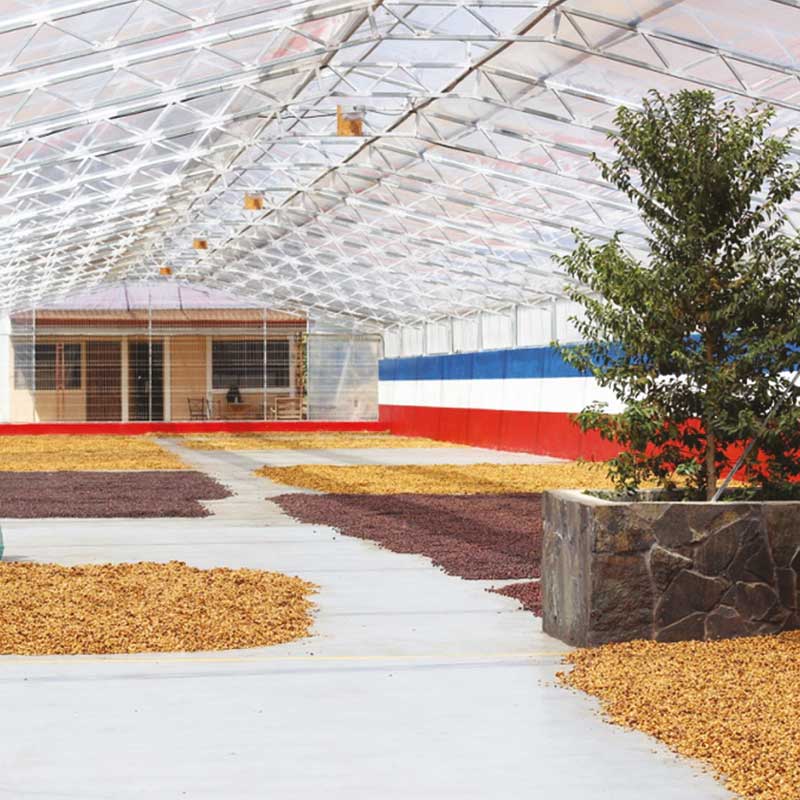Quarter Horse Coffee Club
Exclusive coffees for ✫ Premium plan subscribers

Coffee Profile

Varietals
Caturra & Catuai

Process
Black Honey

Producer
Oscar Chacón Solano

Notes
Strawberry, Dark Chocolate & Figs
More about the coffee, producer & region.
The producer is Oscar Chacón Solano and the farm is named Las Lajas. In 1988, following the death of Oscar Chacón's father, his legacy of 50 hectares of land was left to his six children. From that point on, the Chacón siblings decided to change their coffee production system, focusing their efforts on environmental conservation, providing stable employment for their workers, and keeping coffee culture alive in their family and community. In the early 2000s, Oscar Chacón and Francisca Cubillo, representing the third generation of coffee producers in their family, decided to process the coffee from their own farms, giving rise to the Las Lajas Ecological Benefit. During these early years, Oscar and Francisca were in pursuit of excellence, as well as offering a differentiated product within the coffee market. Hence, in 2006, they introduced the natural process when an earthquake left the Sabanilla area without light and water for a long time, making it impossible to carry out the traditional washing process. They export 2700 sacks annually.



About the Region
The farm is located in Sabanilla de Alajuela, Costa Rica. The exact Google Maps address is 3QJG+QX5, 130, Province of Alajuela, Sabanilla. All the coffee processed by Las Lajas is produced by the Chacón family.The average size is 100 hectares and the average yield is 30 fanegas per hectare. The farm is situated at an altitude range of 1500 to 1700 meters above sea level. The majority of crops grown are caturra-catuaí, but over the last 5 years, they have started a renovation process, diversifying the variety of crops on the farm. The farm's soil originates from volcanic activity. The harvesting period starts in December and ends in February. Various tree species are used, predominantly legumes that help absorb atmospheric nitrogen and transfer it to the soil. Also, native trees from the area, such as bananas, plantains, and oranges, are used for family consumption. Their main fertiliser is a compost-like organic fertiliser, using the pulp from the coffee processing and other waste from nearby mills to create their natural fertiliser.
About the Process
Harvesting is done manually, with a careful selection of 100% ripe beans that contain a high degree of brix. This activity is carried out daily from December until the end of February. In addition, lots are separated by variety and farms at the mill, allowing the production of specialty micro lots. At Las Lajas, they harvest and process their own coffee to achieve a high cup quality. Initially, during the harvesting process, they select the 100% ripe beans that have a high percentage of brix. Then, the coffee is transported from the farm to the Las Lajas mill, where it is measured by volume to verify the amount of coffee harvested in a day. Once measured, it is separated into micro lots for processing. A Black Honey micro lot, it is a honey process where the red coffee beans must be pulped. Once pulped, they are moved to African beds. During the first two days, the beans are not moved, but after that, periodic movements (3 to 4 times a day) begin to decrease the coffee's humidity. This process takes around 15 to 20 days. After processing the coffee and achieving optimal drying levels (11%), the coffee is packed in new bags and labeled according to the assigned lot for subsequent rest in the warehouse. The coffee should rest for around 60 days or more before it is exported.
How can I get this coffee?
Available exclusively in October 2023 on our ✫ Premium QHC Club Membership
Join our QHC Club today...








